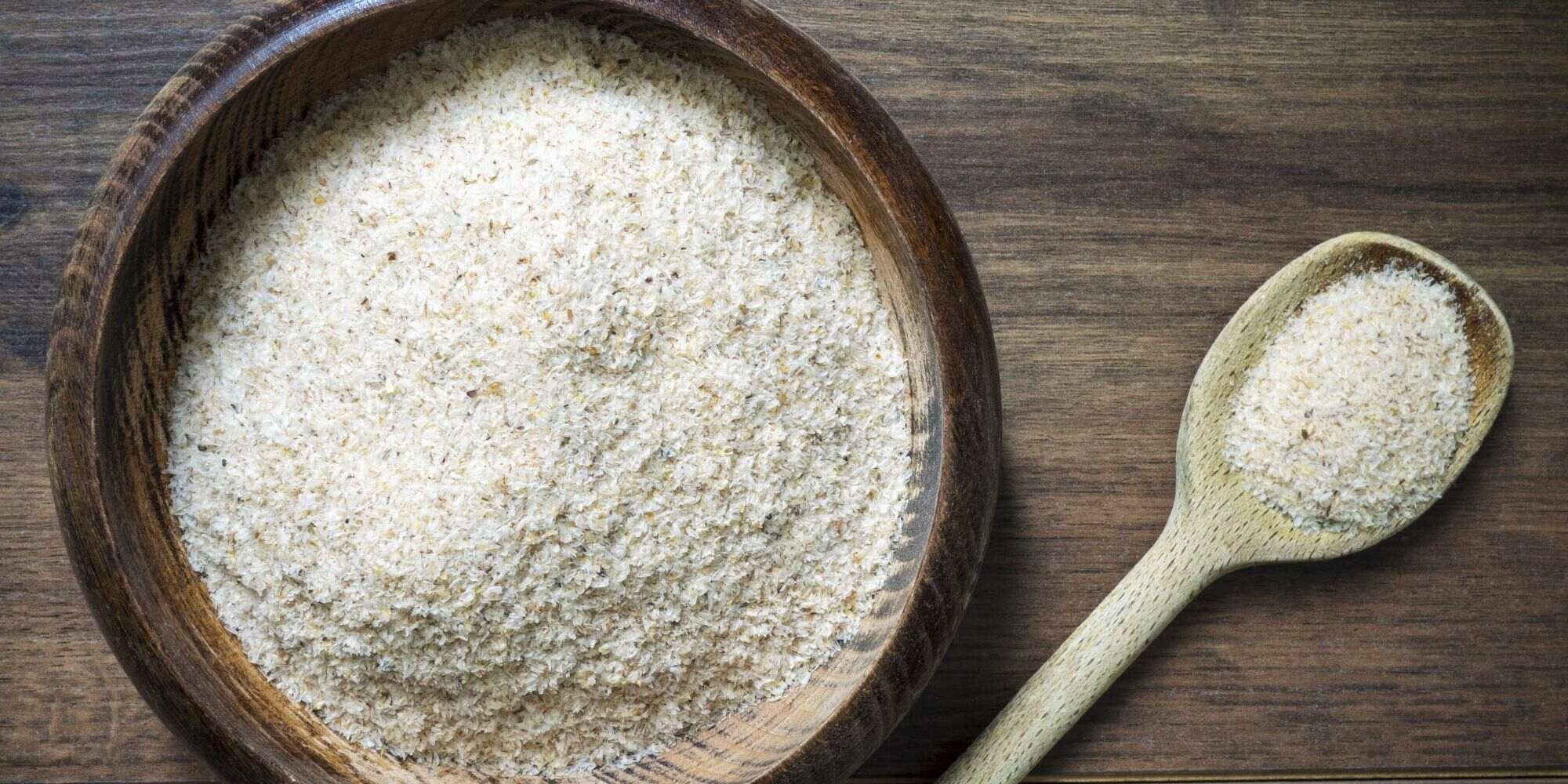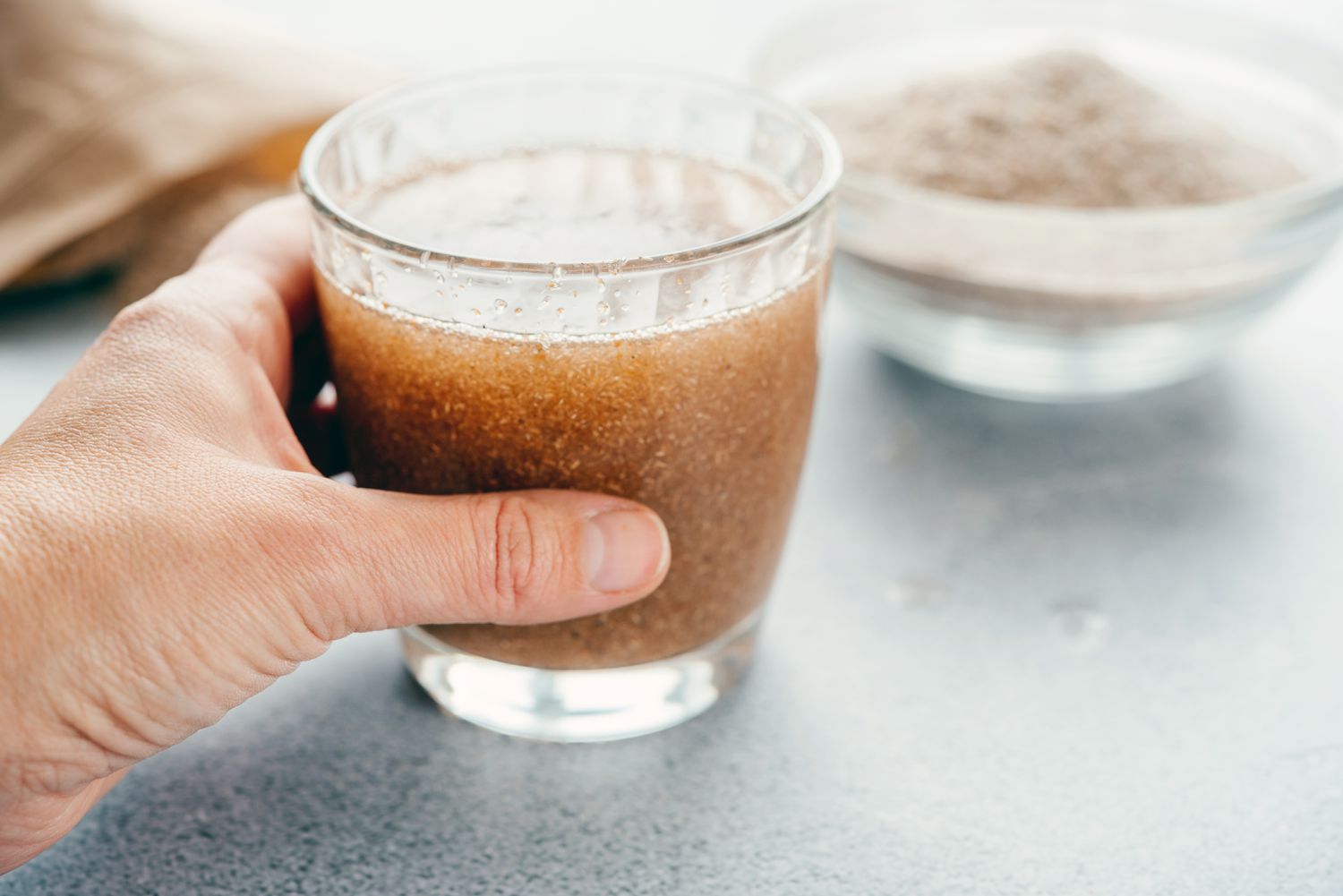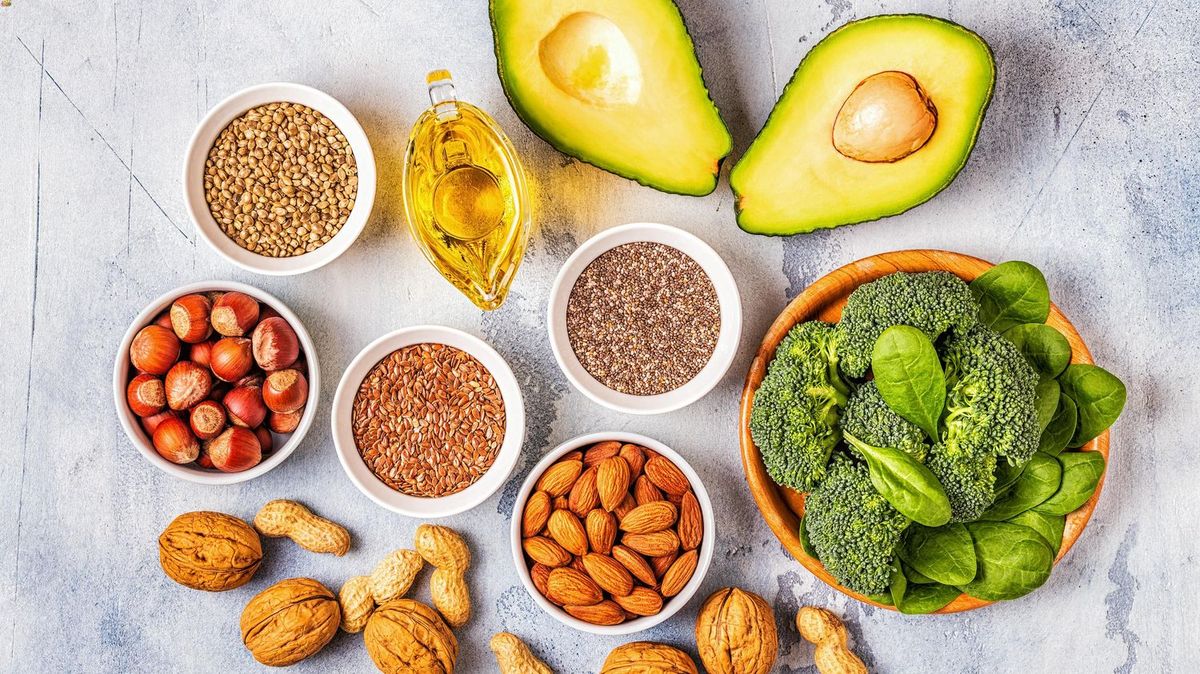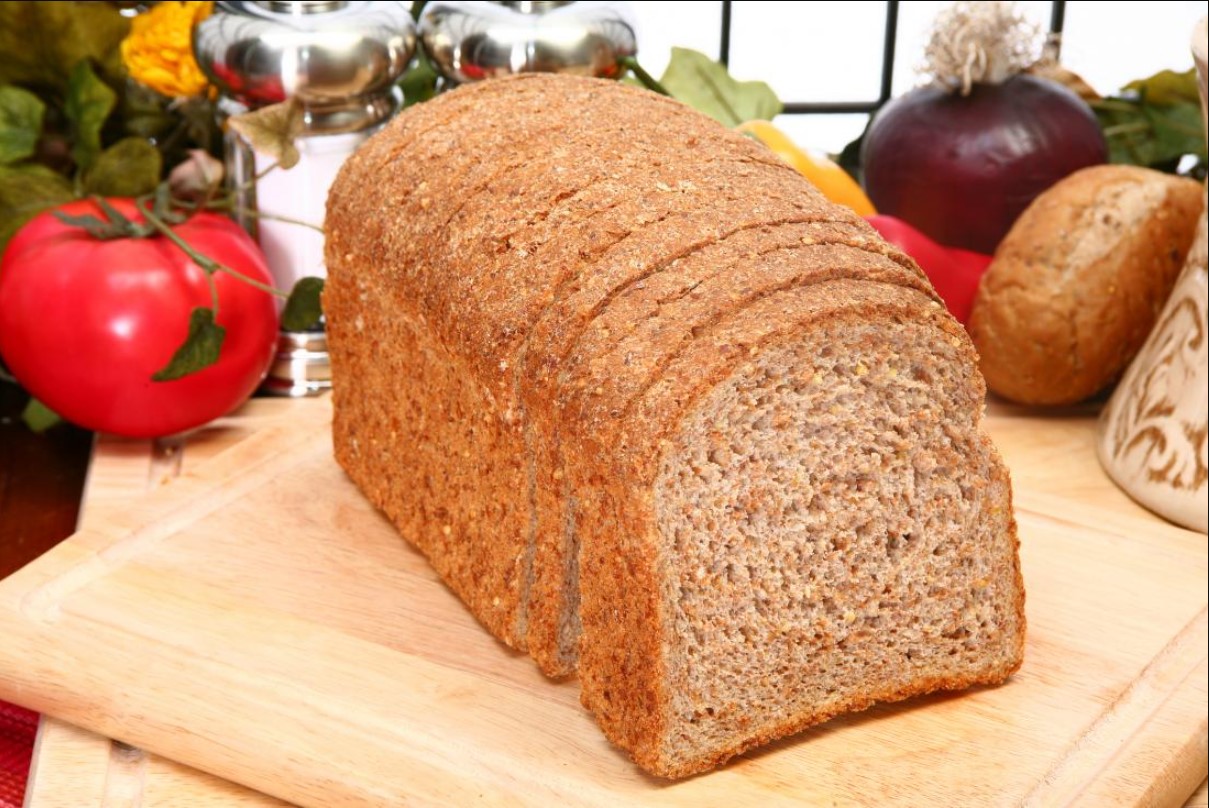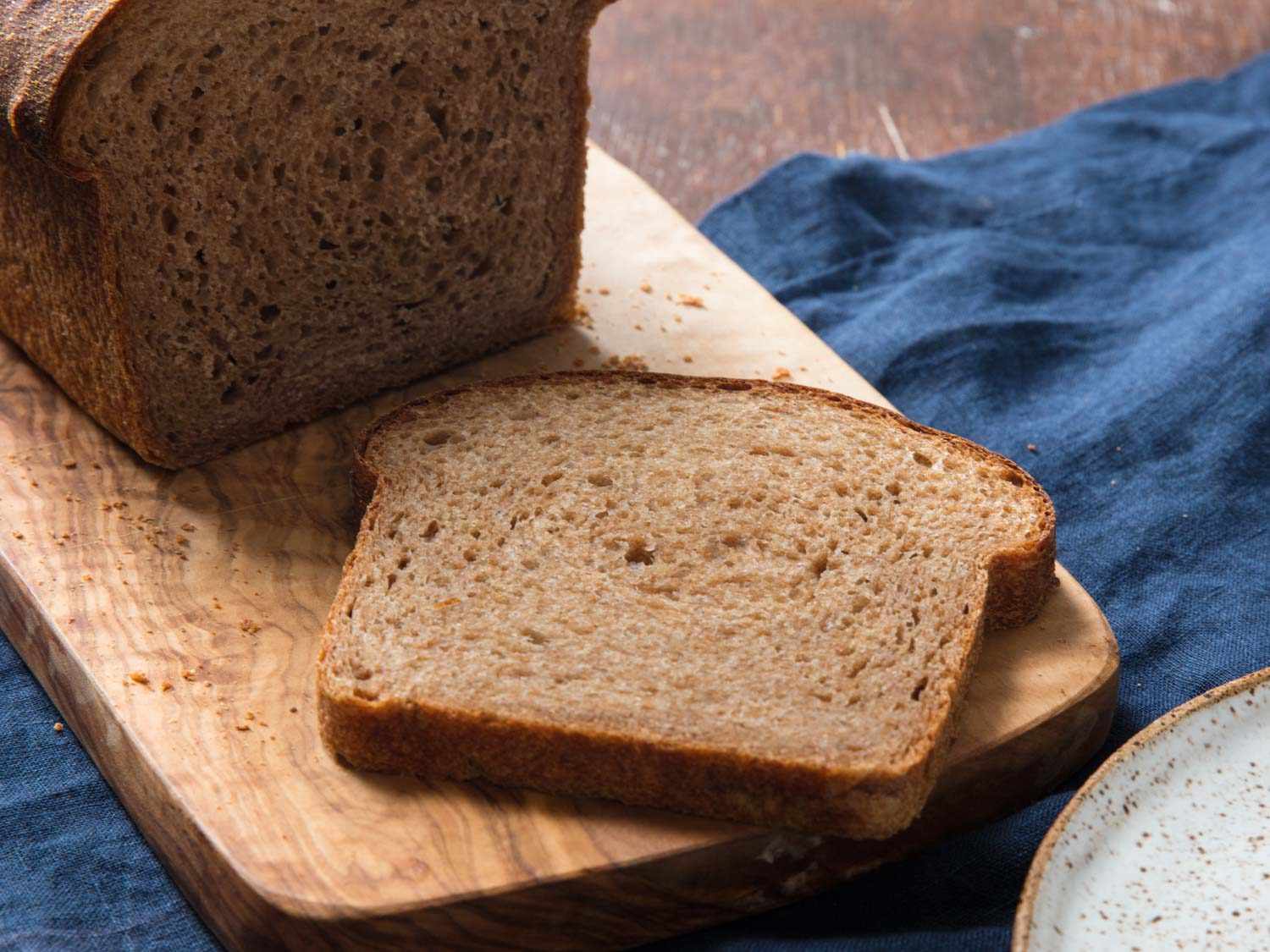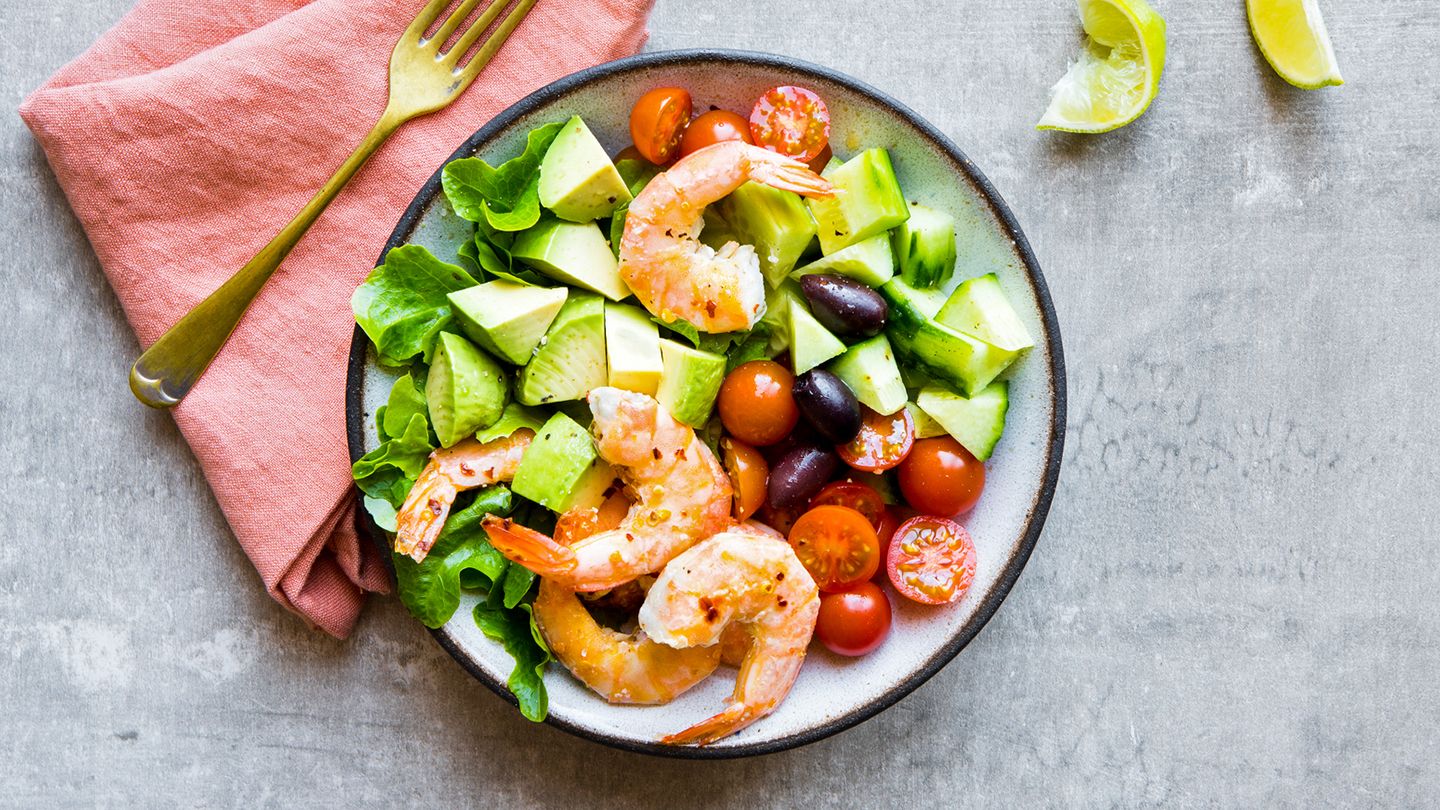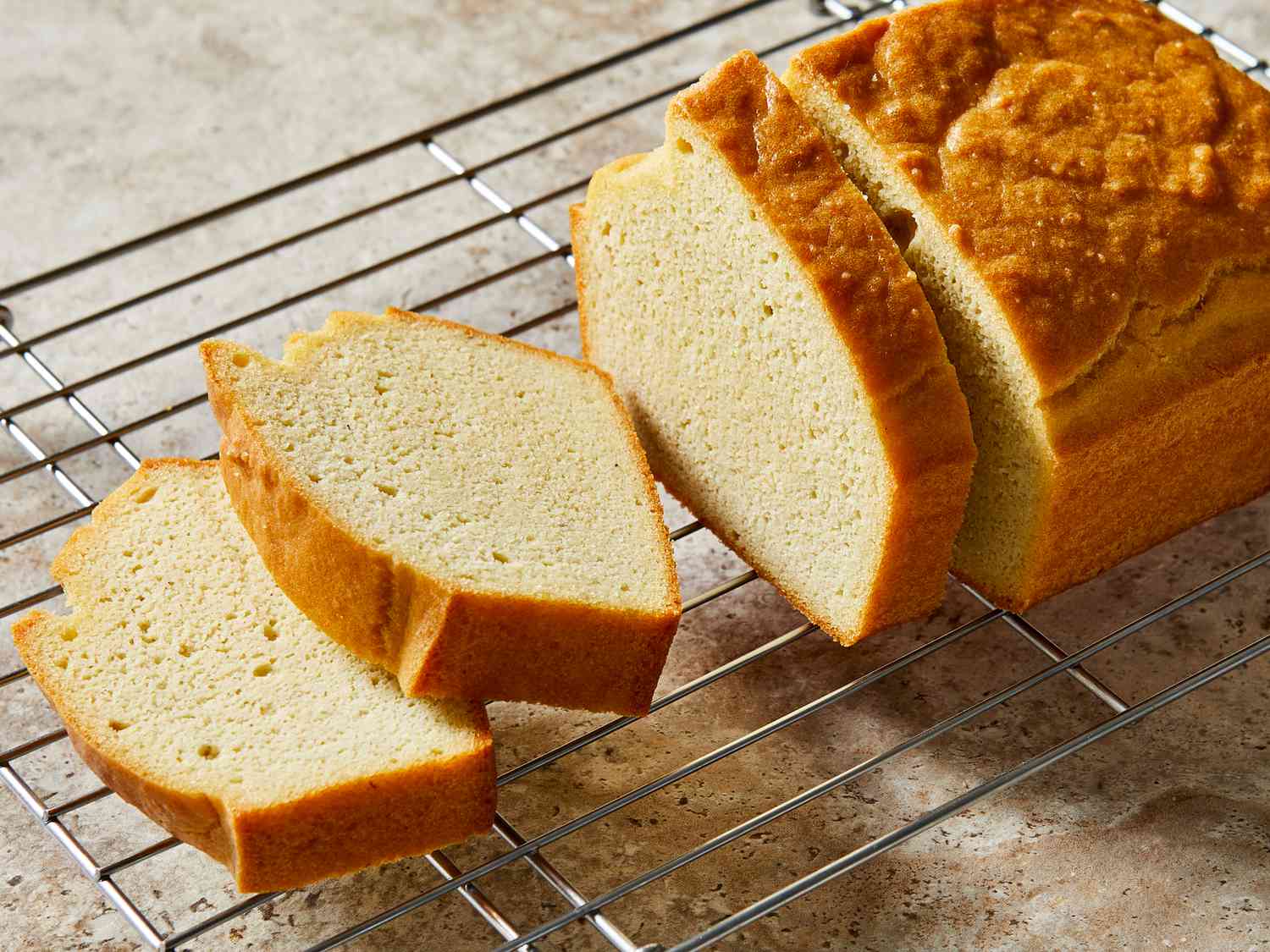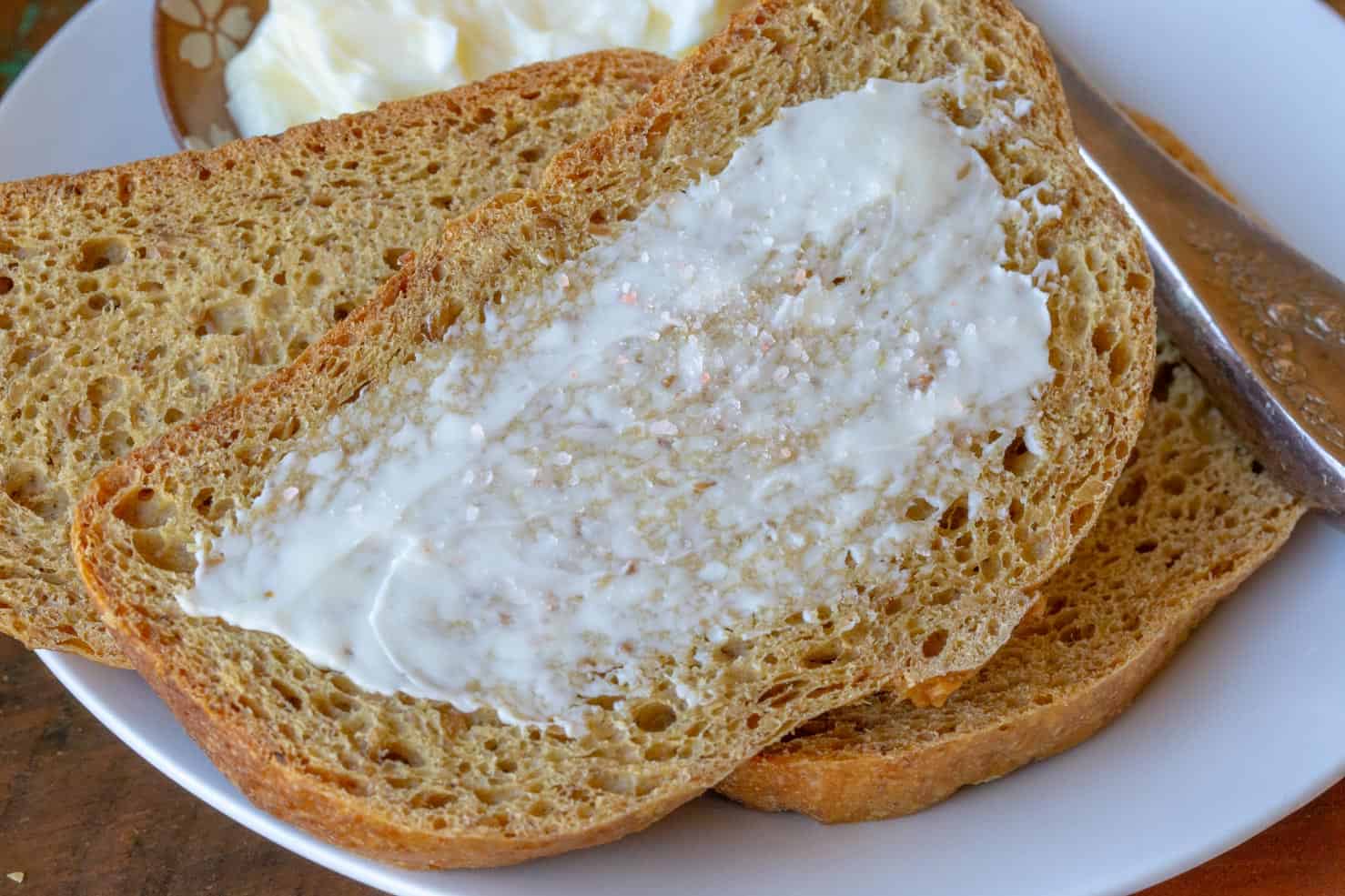What is Psyllium?
Psyllium is a type of soluble fiber derived from the seeds of the Plantago ovata plant. It is commonly used as a dietary supplement due to its high fiber content. Psyllium is known for its ability to promote digestive health and relieve constipation. It is available in various forms, including powder, capsules, and husks.
Ways to Incorporate Psyllium into Your Diet
If you’re looking to add psyllium to your diet, there are several easy and convenient ways to do so. Here are some simple methods to incorporate psyllium into your daily routine:
- Psyllium Powder: One of the most common ways to consume psyllium is by mixing the powder with water or your favorite beverage. Simply stir a serving of psyllium powder into a glass of water and drink it quickly before it thickens. You can also add it to smoothies or fruit juices for a boost of fiber.
- Psyllium Capsules: If you prefer a more convenient option, psyllium is available in capsule form. Simply take the recommended dosage with a full glass of water to help it move through your digestive system.
- Psyllium Husk: Psyllium husk can be added to baked goods such as bread, muffins, or cookies to increase their fiber content. It can also be sprinkled over cereal, yogurt, or oatmeal for an extra fiber boost.
Benefits of Consuming Psyllium
Adding psyllium to your diet can offer a range of health benefits, including:
- Improved Digestive Health: Psyllium is known for its ability to promote regular bowel movements and relieve constipation. It can also help alleviate symptoms of irritable bowel syndrome (IBS) and promote overall digestive health.
- Lower Cholesterol Levels: Studies have shown that psyllium can help lower LDL cholesterol levels, which can reduce the risk of heart disease and improve heart health.
- Weight Management: Psyllium can help promote a feeling of fullness, which may aid in weight management and appetite control.
- Blood Sugar Control: Consuming psyllium may help regulate blood sugar levels, making it beneficial for individuals with diabetes or those at risk of developing the condition.
Precautions and Considerations
While psyllium can offer numerous health benefits, it’s important to consume it responsibly and be mindful of the following considerations:
- Hydration: Psyllium absorbs water and can swell in the digestive tract, so it’s crucial to drink plenty of water when consuming psyllium to prevent potential digestive issues.
- Dosage: Follow the recommended dosage guidelines provided on the product packaging or as advised by a healthcare professional. Consuming too much psyllium can lead to discomfort and digestive disturbances.
- Medication Interactions: If you are taking any medications, especially those related to blood sugar or cholesterol management, consult with your healthcare provider before adding psyllium to your routine to avoid potential interactions.
Conclusion
Psyllium is a versatile and beneficial dietary supplement that can easily be incorporated into your daily routine. Whether you choose to consume it in powder, capsule, or husk form, adding psyllium to your diet can support digestive health, cholesterol management, weight control, and blood sugar regulation. As with any dietary supplement, it’s important to use psyllium responsibly and in moderation to reap its full benefits.
